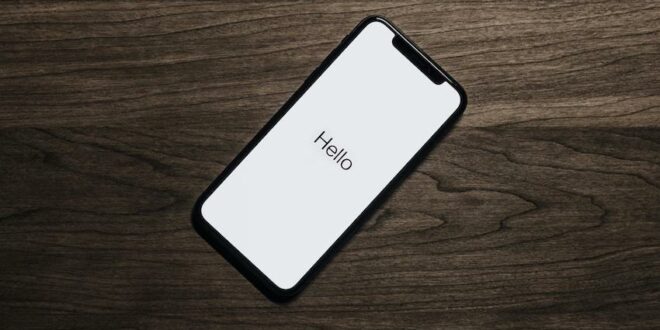Published with permission from Vero Insurance New Zealand.
These days many of our lives revolve around the ability to stay connected, and losing a smartphone can be incredibly stressful and inconvenient.
We are using our insurance cover even more to claim for smaller losses like mobile phones, and this can impact on cover limits. So if your device is your prized possession, make sure you understand how your insurance cover works so you don’t get a caught out!
Five things to consider when insuring your device
1. What instances you’re covered for
Most contents policies will cover your device if it’s lost, damaged or stolen anywhere in New Zealand. However, cheaper policies may only provide cover for contents in your home and others may exclude devices entirely. In this instance you’ll need to purchase an additional extension if you’re not automatically covered.
2. How much you’ll get
If you lose your device, you might expect your insurer to replace it with the latest model, but this isn’t necessarily the case.
There are two ways an insurer might settle your claim:
- If you have replacement cover, your phone will be replaced with a brand new version, or the equivalent model if your phone is no longer on the market.
- If you’ve got indemnity cover, you’ll only get the current market value of the phone which – taking into account any wear and tear – might only be a few hundred dollars.
It pays to be aware, even if you have a replacement policy, most insurers set an age limit on how long a device is eligible for replacement cover.
3. Cover for fraudulent charges
If your phone is lost or stolen, make sure you notify your network provider immediately, because you may not be covered for charges incurred by a thief. For example, some insurer’s will only cover charges billed to you for up to 24-hours, up to $500.
4. Overseas travel clauses
If you’re taking your device overseas, you’ll need a separate travel insurance policy to cover it while you’re out of the country.
5. Business vs. personal policies
One common area of confusion – particularly for owners of small businesses – is the difference between a policy which covers personal devices versus those used for business.
Most residential contents policies will cover your business phone or laptop, as long as it’s also the device you use personally. But if you have a device that’s solely for work it needs to be covered by your business’s policy.
Fraudulent claims
It might be tempting to stage a fake theft, or cause deliberate damage to your own phone, then claim for a new or upgraded device. But making a fake claim is insurance fraud, and it’s not worth the risk. Insurance companies can detect fraudulent claims, and having a claim declined can have a serious impact on your financial future.









Join the Discussion
Type out your comment here:
You must be logged in to post a comment.